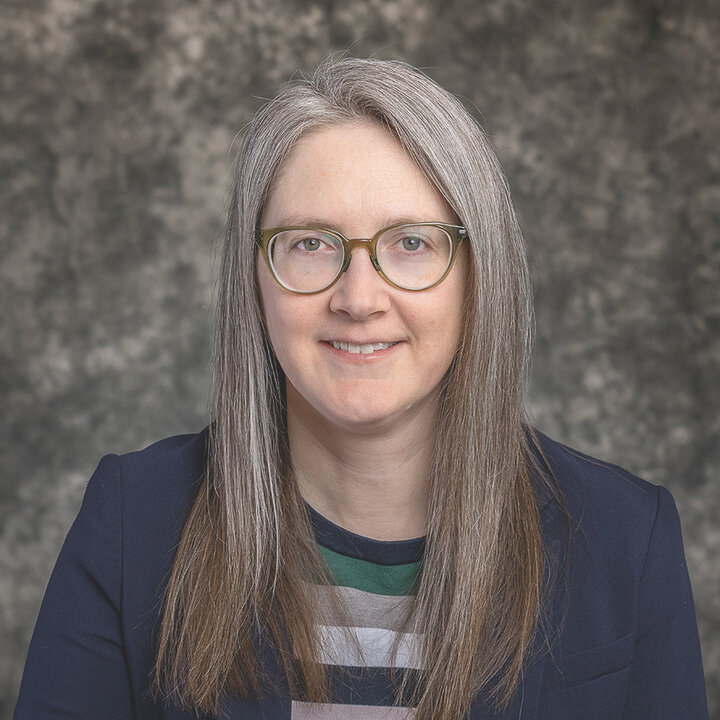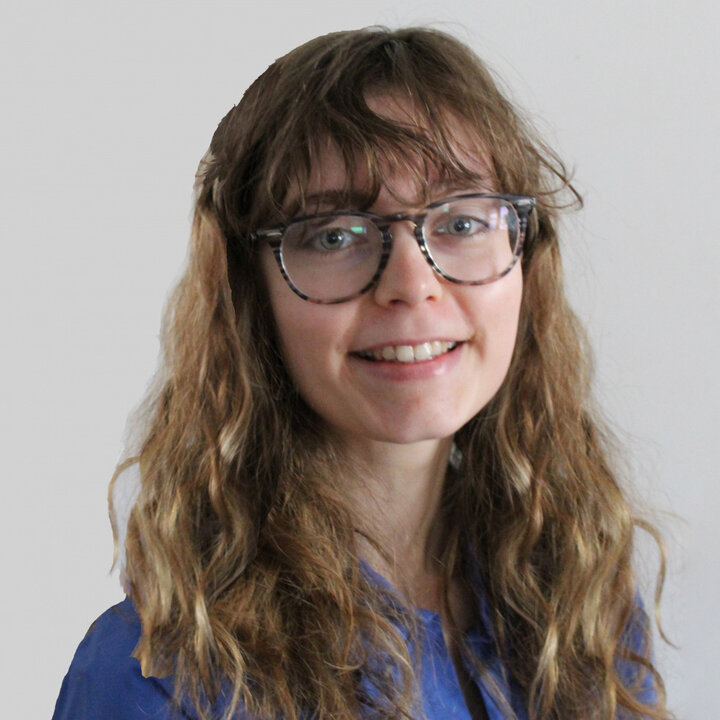Educational Studies
Doctor of Education (Ed.D.)
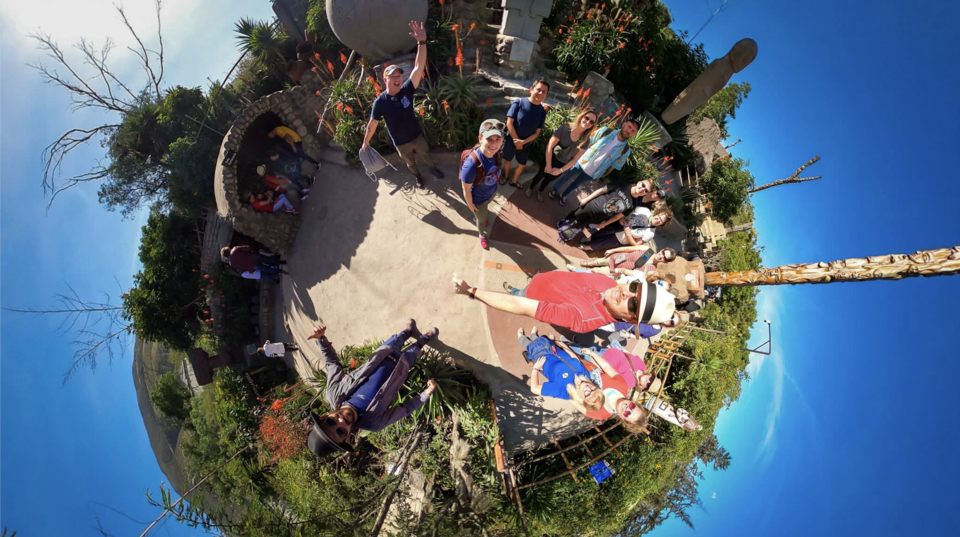
Specialization Options
Innovative Learning Technologies
Teaching, Curriculum and Learning
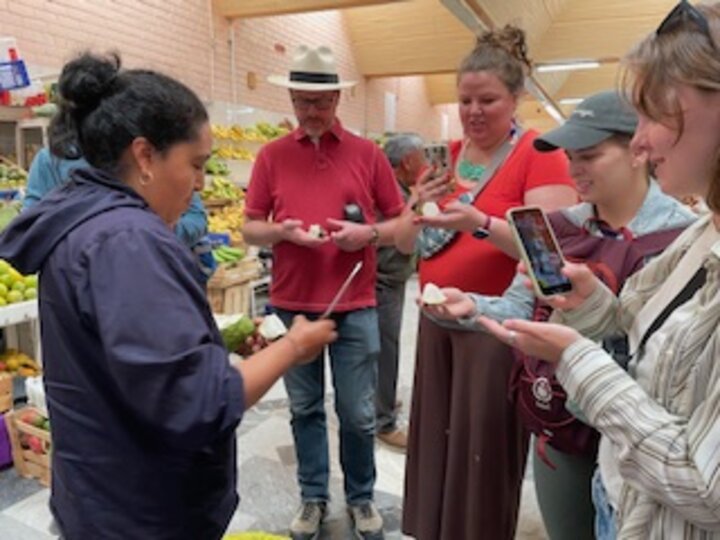
In conjunction with the Carnegie Project on the Education Doctorate, this program is designed for working educators (with a completed Master’s degree). The Ed.D. is completed in as few as three years (with the average being 4 years). The program supports ten to twenty highly motivated educators who come from a variety of backgrounds, including pre-K–12 schooling, teacher education, professional development positions, higher education, teacher-leadership, and advocacy roles, and community education programs. Cohort participants make this journey together with dedicated graduate faculty who support individuals in their study and improvement of their own educational practices. Within a collegial and supportive environment, students analyze problems of educational practice to understand the relationship between theory and practice and to use knowledge for making meaningful differences in real-world settings.
All required coursework will be available at a distance (although often as synchronous coursework that requires availability during Central time zone evening hours). However, students also select six ‘choice’ classes, and distance students may find that a few desirable non-required courses (including short-term travel study-linked classes) expect in-person presence. Finishing the program entirely from a distance, however, is both possible and typical.
This program is an intellectually rigorous and contextually responsive program of study in which educators address challenges of practice in order to create and sustain effective teaching/learning contexts in the concrete realities of P-16 classrooms, work, and community settings. Our approach allows educators to be actively engaged in their professional working environments while exploring theories, ideologies, and applications in sustained dialogue with peers and faculty. The program conceptualizes scholarship of practice as “both substance and process,” critical to educators who can analyze, evaluate, model, and teach in a cross-section of educational settings (Shulman, et al., 2006).
The next cohort starts in Jan. 2027 with applications due by Oct. 1, 2026.
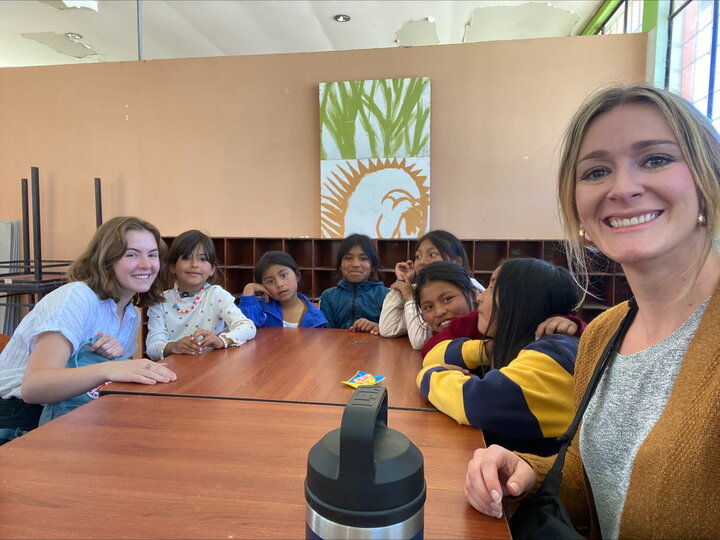
I. Core Principles and Pedagogies of the Program of Study
- Teaching, learning, and curriculum are complex activities that exist within the larger social, cultural, and political contexts framing educational settings.
- Teaching, learning, and curriculum are best thought of as practical action -praxis- action that is intentional, situational, and thoughtful.
- Theory and practice infuse one another; therefore, successful graduate education must intertwine theory/practice relations.
- Cohort learning offers opportunities to learn from each other and foster ongoing dialogue and connections beyond the degree.
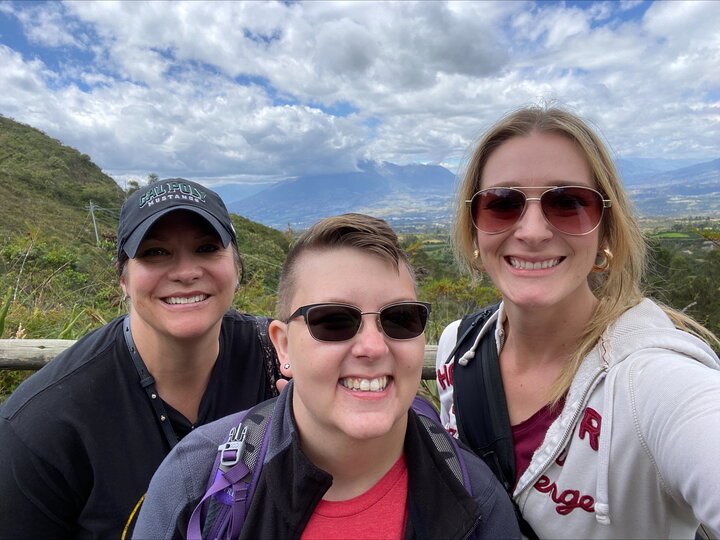
II. Features of the Program of Study
- Cohort organization: Allows full-time educators to complete an Education Doctorate in less than four years through the combination of evening seminars, online learning, and intensive study in the summers, deliberately connecting the world of practice to doctoral studies.
- Inquiry Oriented: Fosters practitioner-based action research in preparation for the conduct and documentation of the capstone project.
- Core Interdisciplinary Experiences: Offers cross-disciplinary and cross-emphasis coursework perspectives and traditions cultivating a culture of collaboration, debate, and dialogue across scholar/practitioners.
- Arts of the Practical Coursework: Enables educators to concretely consider the nature of learners, learning, teachers, and teaching from multiple perspectives and within the concrete realities of varied educational settings.
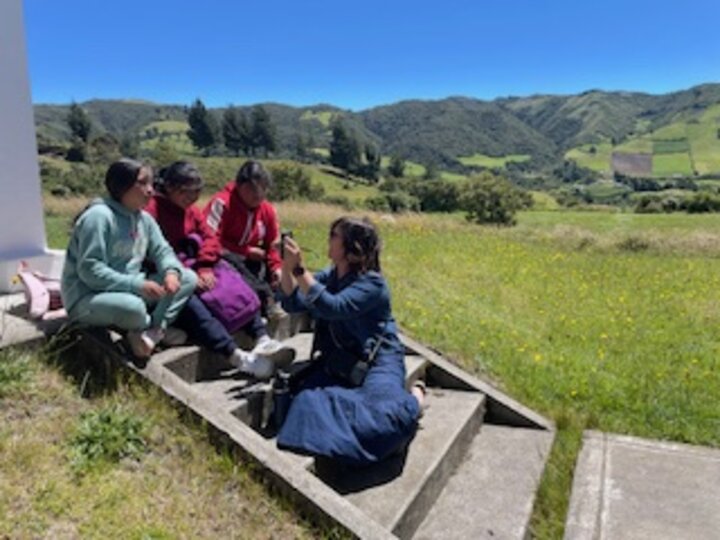
III. Programmatic Features of the Ed.D. Coursework for the 2021 Cohort
Programmatic Features of the Ed.D. Coursework for the 2023 Cohort
Programmatic Features of the Ed.D. Coursework for the 2025 Cohort
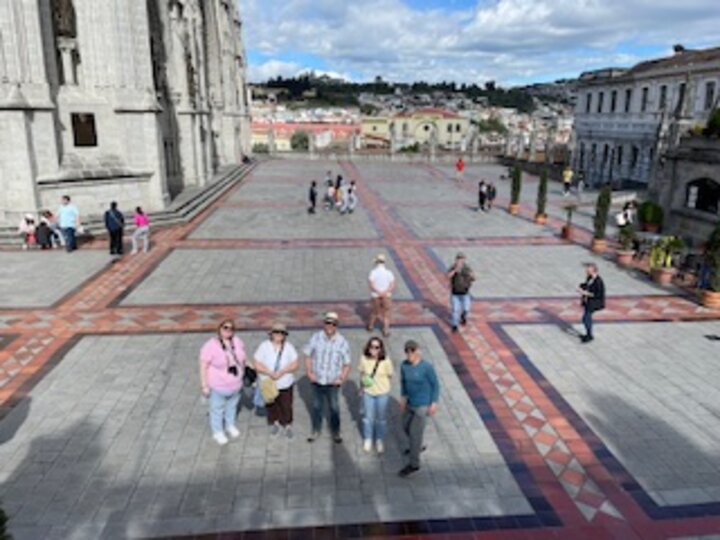
Program of Study
Program of Study
Overview
- Minimum of 96 credit hours total
- Must take a minimum of 18 credit hours in a specialization
- Required course for all doctoral programs: TEAC 995A Doctoral Seminar: Professional Seminar
- Students will work closely with the faculty advisor and supervisory committee to select graduate level courses.
Specialization Options
- Innovative Learning Technologies: This specialization prepares educators to use technology to support teaching and learning. This may occur in an array of settings, including classroom instruction, instructional design and development, and digital learning. Upon completion, participants will be cognizant of theory and research related to best practices, take part in creating effective use of technology in instruction, and assist others in using technology effectively for teaching and learning. To choose this specialization, you must take 18 credits from the approved specialization courses. For your remaining advanced graduate courses, please consult the TLTE graduate catalog.
- Teaching, Curriculum and Learning: This specialization focuses on advancing research about teacher preparation and teacher professional development in connection to curriculum theory, philosophy and ethics of education, mentoring and teacher induction, teacher identities, professional learning communities, teaching and learning, and education across all settings. Consult TLTE graduate catalog to choose your advanced graduate courses.
APPLY BY OCTOBER 1
October 1 of even years for Spring Semester of odd years
Application Requirements
Next cohort starts in January 2027, with an application deadline of October 1st, 2026
Students seeking admission in the Ed.D. program should meet the following criteria:
- Undergraduate GPA: minimum of 3.0 on a 4.0 scale. Graduate GPA: minimum of 3.75 on a 4.0 scale.
- Vitae/Résumé
- Professional experience: a minimum of two years as an educator
- Personal Statement: Appropriate fit between the applicant's goals/interests and the Ed. D. programmatic ability to address those goals/interests. Applicants should develop a 3-5-page narrative describing the relations, challenges, and opportunities among teaching, learning, and curriculum, along with an explication of personal goals and interests in completing an Ed. D. as a cohort member.
- Evidence of writing abilities through provision of a sample such as a thesis, a paper written for a course, a published article, a curriculum document, etc.
- Three professional or academic Recommenders, who will submit reference letters for you.
- Completion of all steps in the application process: This is a selective and competitive program that participates in the Carnegie Project on the Education Doctorate re-thinking doctoral education. No single criterion is more important than another. The application file is reviewed as a total package.
*Please note that a complete background check may be required upon admission to the program. Many institutions today require a criminal history background check before an individual is allowed to work, volunteer, conduct research or collect data within their facility. CEHS students who are required in their program to go into daycare facilities, schools, hospitals, or other community agencies must complete a background check before CEHS can place them in these facilities.
